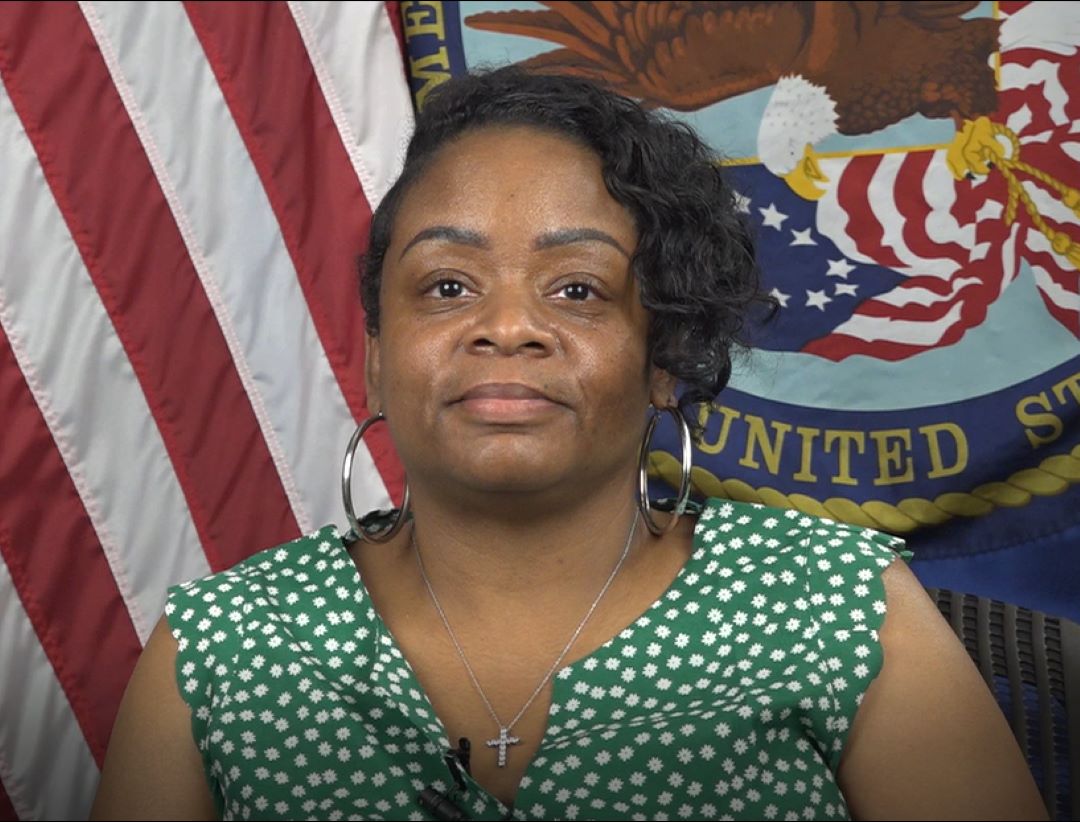Navy Veteran Regina Briscoe will never forget the events of Sept. 11, 2001.
Stationed at the DiLorenzo TRICARE Health Clinic next to the Pentagon, the former hospital corpsman recalls the morning vividly as she was sitting in the Navy Annex Building.
“When the towers were hit, I was looking at it on the news with everyone else,” said Briscoe who now works as the PEBLO Supervisor, Integrated Disability Evaluation System at Fort Gordon. “When the attacks started at the Pentagon, it was a big crushing boom. After that point, I didn’t know what was going on.”
MORE: 9/11 Retrospective: Retired Colonel Was In the Pentagon When it Was Hit
Moments later Briscoe and others went into action: “We set up a full medical treatment tent in a matter of minutes.”
Later in the day, she realized something was different.
“After that day, things changed immensely,” she admitted. “I will never forget that day from beginning to end and for the most part, you just relive it on a daily basis.”
“I didn’t get to see my now ex-husband probably until 4 or 5 o’clock that evening. When I actually got to speak to him, I asked what was he doing and he said, ‘I was moving bodies.’ That is something I am sure will stay with him, as well.”
[adrotate banner=”19″]
While many Americans may share her sentiments, Briscoe’s first-hand experience is different.
“Life was never the same after September 11th. To actually sit here and think it has been 20 years, you almost don’t really realize it. I try not to think about it,” Briscoe said. “I separated from the United States Navy in August of 2003. I really didn’t realize the services that I needed. I sought out help through the VA.”
The first clinic Briscoe went to was in Richmond, Va.
“I have come a long way,” she said, adding that during her first year of treatment, she did not speak one word, but for that hour, everything was okay. “After a year, I realized how important it was going to that appointment had been for me.”
MORE: 9/11 Retrospective: Grounded Pilot Remembers 9/11
Later she found employment in Kentucky, and now in Georgia.
“It was the best thing that could happen to me because no matter where I was, where I went to, someone was always willing to see me.”
Her suggestion to other Veterans is to seek help, if needed.
“I don’t know how I can advocate about getting the assistance that you need. If you need to talk to someone, all you have to do is call or really just show up.”
[adrotate banner=”51″]










